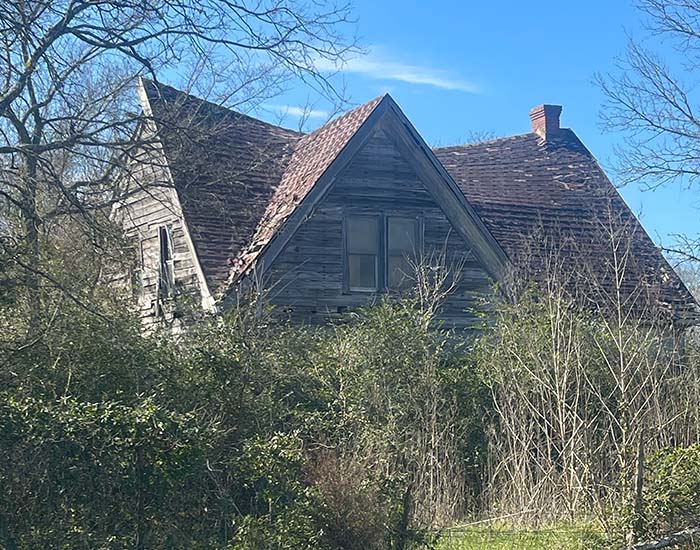
Country living might seem idyllic, full of fresh air, blue skies, abundance of flora and fauna. Many folks dream of the time when they’ll be able to move away from the bustle and bad air of city life to a peaceful retirement in the country. Like many dreams, the reality of rural life can be much harsher than the images that live in our imaginations. It may well be true that nature nourishes the soul while it strengthens the body, but it’s also true that there may come a time when country living no longer benefits and indeed can be detrimental to our well-being. This article discusses 10 reasons why country living might not be for you in retirement.
- As we age, we will continue to need access to medical services. Rural areas often struggle to keep their medical facilities open and staffed. You may have to drive quite a distance to maintain the same level of medical care you enjoyed in a more urban setting.
- You may no longer have to fight the traffic to go to work each day, but you likely will be driving longer distances to supply groceries, pharmaceuticals, even hardware for home repairs and maintenance.
- Many services and activities you enjoy in the city may not be available or as accessible as they were in the city: libraries, parks, salons, barber shops, as well as church events and trips to retail stores will require a drive into town.
- Delivery services will likely be unavailable. With few exceptions, most businesses have a delivery radius for goods and services. Depending on your proximity to town, you may lose the benefit of these conveniences.
- Service calls may cost more. If a plumber has to drive another 20 to 30 miles to your property, for example, you may feel the pinch in the bill.
- Spotty internet and phone service. As of this writing, rural areas are still struggling for dependable internet service and many communities are still using old, worn out landline systems for their phones. Cell phone towers have sprouted in many rural areas, but depending on the topography, dependable service may be a gamble.
- If your age or health problems are advanced, you may lose your ability to drive. You may find it inconvenient to find a ride to the doctor or dentist when you live in the city, but it will be much more difficult if the drive is 20 or 30 miles out in the country.
- You will likely have more property to care for. If you get sick or have an injury or undergo surgery, nature will not politely wait until you recover your strength so that you can mow or trim trees and bushes and repair fences while the job is manageable. Nature’s gonna do it’s thing, no matter what you’re doing. Depending on the duration of your hiatus, the job awaiting you outdoors can get pretty overwhelming.
- Living in the country can be isolating at a time when you need community more than ever. Many folks who pride themselves on self-reliance are drawn to rural life but events such as an illness, storm damage, or weather conditions may force you to rely on neighbors and family for help more than if you lived in a city.
- Finally, social connections, one of the best markers of a long healthy life, will also be limited in country life. Nostalgic images of old farmers and ranchers sitting around a propane stove in the feed store or slapping dominoes down at Floyd’s Barber Shop are compelling, but in real life most everyone works and the social opportunities in rural life decrease with the size and age of the population.
We like to romanticize the “simple life” of living in the country, but the truth is, “simple” means doing most things yourself and in natural settings that require a lot of hard, physical work. As long as you’re able to do the work, you’ll do fine. But there comes a time for most of us when we must accept we cannot do as much as we once did. When the time comes to move to a less labor-intensive life, rural life may become a trap that requires an overwhelming amount of work to prepare to sell the property.
If you’re planning on a retirement in the country, give some thought to when and how you will transition from your country retirement. Be realistic about changes you may encounter in your physical and cognitive health and have a plan in place to address your changing needs.